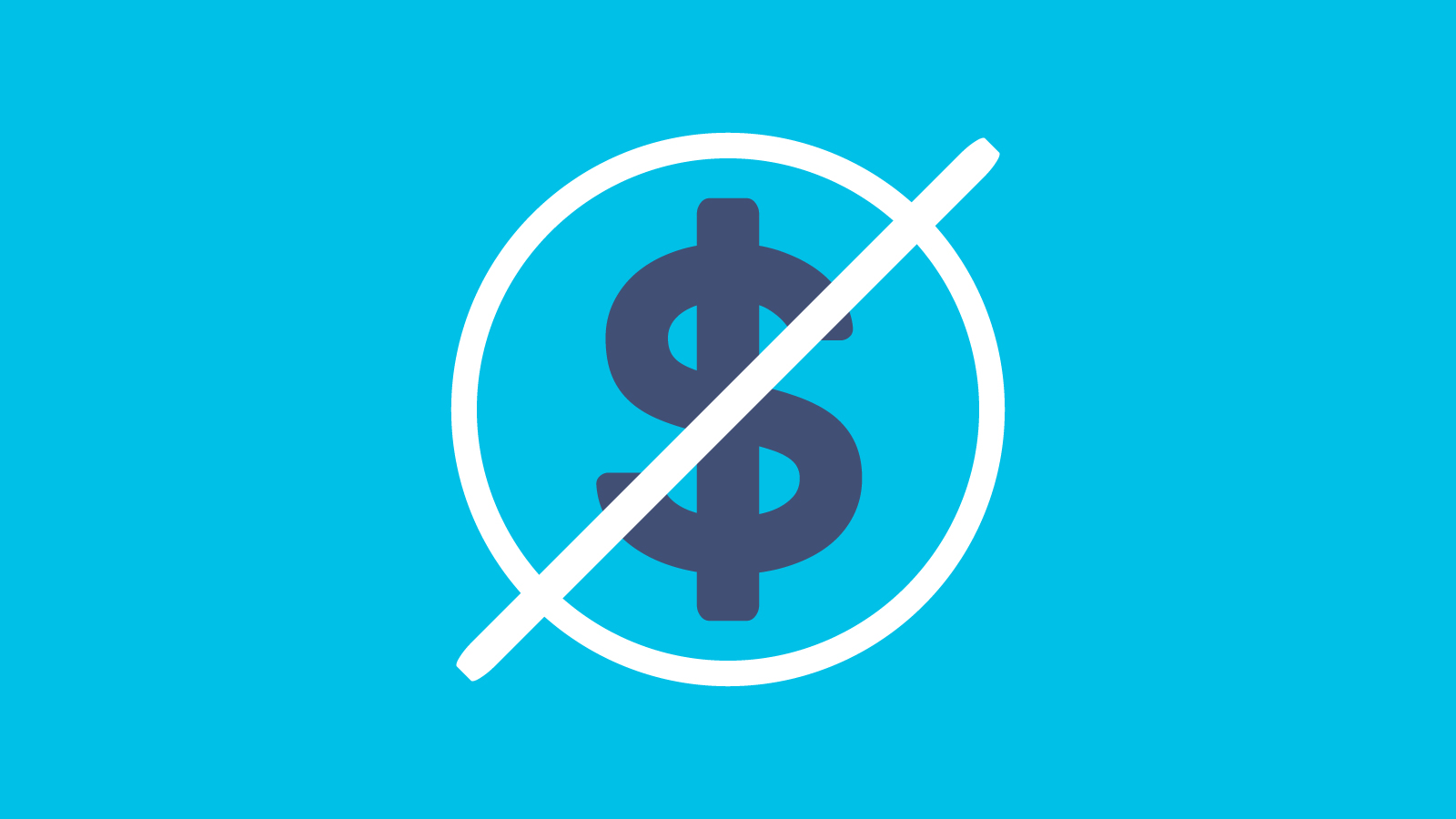Freebies and Opportunities for Science and STEM Teachers, July 8, 2025
By Debra Shapiro

Freebies for Science and STEM Teachers: Grades K–12
ClimeTime
ClimeTime is a professional development initiative facilitated by the Washington State Office of the Superintendent of Public Instruction and designed to build a cadre of K–12 science teaching professionals informed on climate science and armed with effective, climate science instructional materials that support the Next Generation Science Standards and incorporate climate education through all disciplines, not just science. The ClimeTime website brings together the initiative’s resources in one location. For example, educators can access background information on teaching climate science from the Climate Literacy and Energy Awareness Network (CLEAN), lesson plans developed by teachers participating in ClimeTime professional development trainings, and case study examples from K–12 teachers who have incorporated ClimeTime materials into their classrooms. The website also features a collection of performance-based assessment tasks developed for elementary, middle, and high school levels and built around equitable NGSS three-dimensional assessment practices.
An Educator's Guide to Marine Debris
With the activities in An Educator’s Guide to Marine Debris, a publication produced by the National Oceanic and Atmospheric Administration (NOAA), K–12 teachers and their students can become part of the solution. The guide’s activities foster environmental stewardship and teach students how to advocate for the marine environment. The 32-page guide features nine science, technology, engineering, and mathematics (STEM)–focused activities (three each for grades K–5, 6–8, and 9–12), along with supporting student handouts. Lesson topics address key issues such as managing or preventing marine debris in the ocean, studying the movement of water in watersheds, and analyzing marine debris data around the globe. The guide’s lessons can be used as standalone teaching tools or to supplement lessons in other areas. Titles include Let’s Talk Trash, Trapping Trash, and It’s All Downstream from Here (for grades K–5); Building a Watershed, Designing an Experiment, and Cleanup Clues (for grades 6–8); and Microplastic Investigation, The Solution to Pollution, and Trash Tracker (for grades 9–12).
Freebies for Science and STEM Teachers: College/University
Science Fiction With Good Astronomy (and Physics)
Astronomy educator Andrew Fraknoi has compiled a guide to science fiction stories and novels that include reasonable astronomy. The 23-page online guide is organized by topic; for example, all the publications featuring reasonable depictions of black holes are in one place. The guide covers more than 44 astronomy (and related physics) topics. In addition, the guide includes links to published stories that are available free online.
Opportunities for Grades K–12
Karma for Cara Microgrants
Whether students plan to turn a vacant lot into a community garden, rebuild a school playground, or help senior citizens ready their homes for the winter, Karma for Cara wants to hear what project students are passionate about. They fund microgrant applications supporting a wide variety of projects and events; evidence of students’ creativity and ingenuity fuel the likelihood that their application will be successfully funded. Students age 18 and younger may apply for funds between $250 and $1,000 to complete service projects in their communities throughout the United States. If applying on behalf of an entire class or student group, teachers should designate a maximum of three student leaders to be the main points of contact for the project. The next deadline is October 1.
Spark Good Local Grants
Each year, Walmart U.S. stores, Sam’s Clubs, and Distribution Centers award local cash grants ranging from $250 to $5,000. These local grants are designed to address the unique needs of the communities where they operate. Schools, nonprofits, and government organizations in the United States may apply. The next deadline is October 15.
Opportunity for Middle Level Through College/University
2026 Ecology Project International Teacher Fellowships
Applications for EPI's Teacher Fellowships are now open through September 1. Fellows will experience EPI's educational framework while immersing themselves in unique ecosystems and engaging in hands-on conservation research for eight days in Baja California Sur, Yellowstone, or Costa Rica. EPI funds most of the fellowship program costs; fellows pay fees ranging from $300 to $600, depending on need.
Formal and informal educators from any country may apply. EPI's curriculum is best suited to educators teaching science and creative writing, history, and more. The program is aimed at educators at the middle school, high school, or university level, and applications from these educators are strongly preferred. Applications from educators in any subject are welcome.
Assessment Astronomy Climate Science Earth & Space Science Environmental Science General Science Instructional Materials Interdisciplinary Lesson Plans Literacy News Physics Professional Learning Science and Engineering Practices STEM Teaching Strategies Informal Science Education Kindergarten Elementary Middle School High School Postsecondary Informal Education


